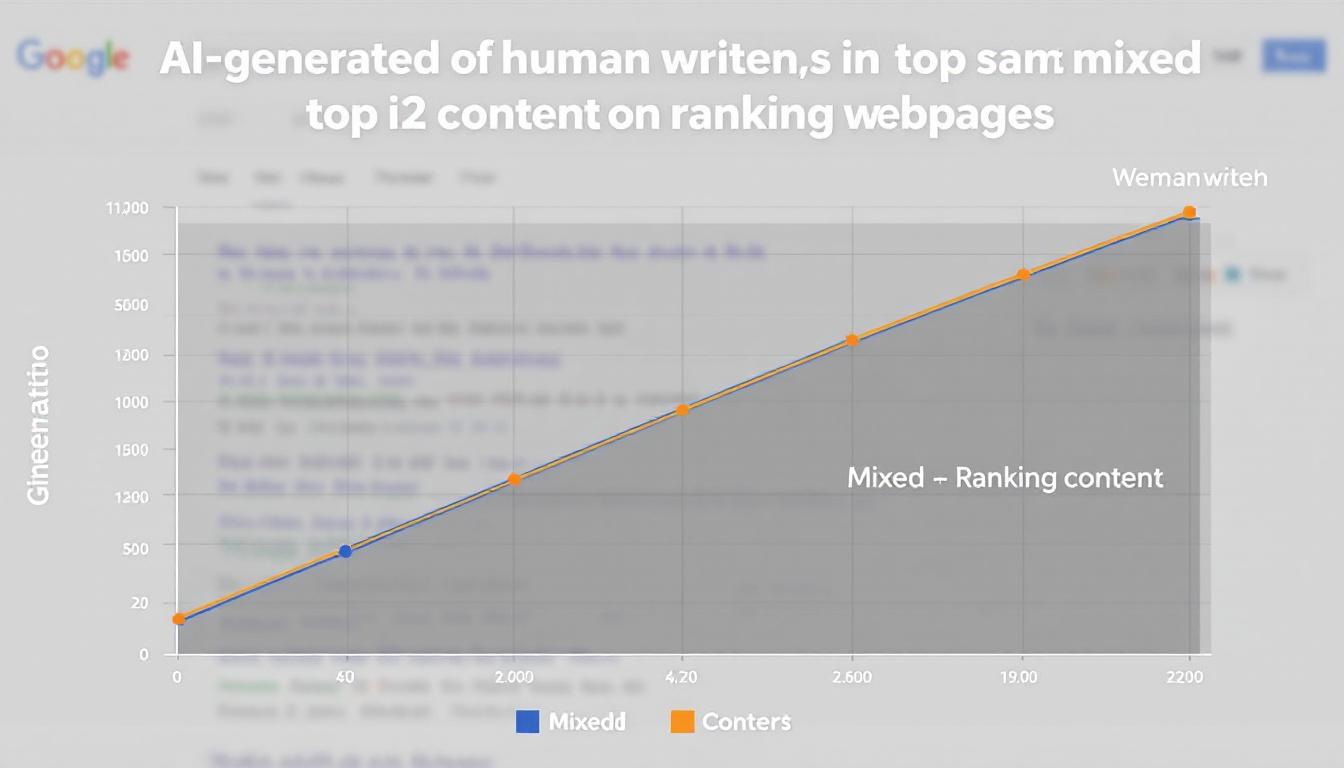Recent findings from the Association for the Advancement of Artificial Intelligence (AAAI) highlight ongoing challenges with factual accuracy in leading AI systems.
SEMRush
SEMrush is a fantastic SEO tool that can be used to carry out keyword research, including tracking the keyword strategy of your competitors.
Despite significant advancements, researchers emphasize that resolving these issues remains a formidable task, with no immediate solutions on the horizon.
Persistent Accuracy Issues in Top AI Models
The AAAI report underscores that even the most sophisticated AI models fall short in maintaining factual correctness, raising concerns about their reliability in practical applications.
Underperformance in Standardized Tests
When subjected to straightforward assessments, leading AI models demonstrated limitations in delivering accurate responses.
According to the AAAI report, advanced models from organizations like OpenAI and Anthropic successfully answered fewer than half of the questions on benchmarks such as SimpleQA.
This performance indicates that substantial gaps remain in AI’s ability to provide factually accurate information consistently.
Methods Attempted to Enhance Factuality
Various strategies have been employed to address the accuracy shortcomings, but their effectiveness has been limited.
The report identifies three primary techniques used to improve factual accuracy:
– Retrieval-Augmented Generation (RAG): Incorporating relevant documents through traditional information retrieval before generating responses.
– Automated Reasoning Checks: Implementing predefined rules to validate and filter out inconsistent outputs.
– Chain-of-Thought (CoT): Decomposing questions into smaller parts and prompting the AI to consider intermediate conclusions.
Despite these efforts, 60% of AI researchers expressed skepticism about the feasibility of resolving factuality issues in the near future. This pessimism suggests a continued need for human oversight to ensure the accuracy of AI-generated content.
The ongoing struggle with factual accuracy emphasizes that AI tools, while useful for streamlining routine tasks, cannot yet achieve full autonomy without risking the dissemination of incorrect information.
Discrepancy Between AI Capabilities and Public Perception
The AAAI report reveals a significant gap between how the public perceives AI’s abilities and the reality of its current performance.
Overestimation of AI’s Potential
Most AI researchers believe that public beliefs about AI are not aligned with its true capabilities.
A striking 79% of AI researchers surveyed disagreed or strongly disagreed that the public’s perception of AI capabilities matches the actual technology.
The report indicates that the current Generative AI hype cycle has led many people, possibly for the first time, to encounter AI without the necessary tools to critically assess its claims.
Influence of Hype on Research Directions
The allure of AI’s potential has influenced the focus of research priorities, often to the detriment of essential foundational work.
According to the report, 74% of researchers believe that the direction of AI research is being driven more by public excitement than by scientific necessity.
This trend may divert resources away from addressing critical issues like factual accuracy, further delaying meaningful progress in making AI more reliable.
For professionals in SEO and digital marketing, this mismatch between perception and reality can lead to misguided investments and strategies, underscoring the importance of a balanced and informed approach to integrating AI tools.
Implications for SEO and Digital Marketing
The challenges faced by AI in maintaining accuracy have direct consequences for the fields of SEO and digital marketing, where precise information is paramount.
Responsible Adoption of AI Tools
Marketers are urged to implement AI technologies thoughtfully, given their current limitations.
The pressure to incorporate AI into marketing strategies should be tempered by an awareness of its accuracy issues.
Regular content audits and expert reviews are essential to mitigate the risks of spreading misinformation, particularly in sectors regulated by stringent standards such as finance and healthcare.
Maintaining Content Integrity
Ensuring the reliability of AI-generated content is crucial for maintaining user trust and brand reputation.
Inaccurate content produced by AI can erode user trust and damage a brand’s reputation. Search engines are likely to penalize websites that publish deceptive or unreliable material, making it imperative for marketers to adopt a human-plus-AI approach.
This involves meticulous fact-checking and content refinement by human editors to ensure accuracy.
Understanding the capabilities and limitations of AI allows SEO professionals to make strategic decisions that enhance content quality while avoiding potential pitfalls associated with overreliance on automated systems.
The Bottom Line
The AAAI report serves as a crucial reminder that while AI offers valuable tools for efficiency, it is not infallible.
Professionals in SEO and digital marketing must navigate the current landscape with a clear understanding of AI’s strengths and weaknesses. By maintaining a vigilant and informed approach, marketers can leverage AI effectively without compromising on accuracy or trustworthiness.
As the technology evolves, ongoing human oversight will remain essential in ensuring that AI serves as a reliable ally rather than a source of misinformation.








